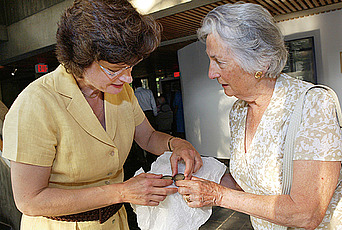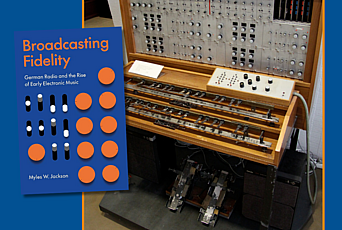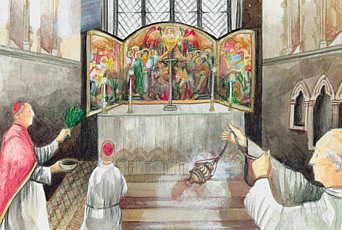Everything from political officeholding to moral behavior in English towns from the twelfth to the sixteenth century C.E. was governed by customary law. Unlike English common law or church law, which both had long institutional and academic traditions, customary laws evolved from everyday practices and acquired the force of law over time.
In a new book, The Making of Urban Customary Law in Medieval and Reformation England, Esther Liberman Cuenca, Member (2022–23) in the School of Historical Studies, argues that such customs were instrumental in forging a distinct identity for a bourgeois class in urban England. She shows how male elites crafted laws to advance their interests, assert independence, and present themselves as moral leaders. Following the Black Death and during the Reformation, she further highlights how this legal framework increasingly focused on political authority, morality, and the "common good." Her work provides a fascinating glimpse into the development of medieval English urban society.



